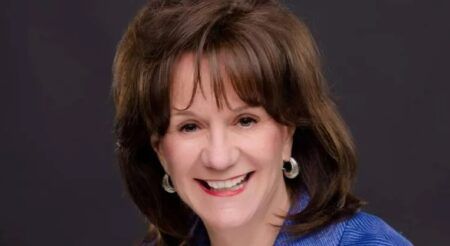I was asked to speak at the Mileage Based User Fee Alliance (MBUFA) annual meeting in Washington DC a few months back. My topic was how tolling was to become an interim step toward mileage-based user fees (MBUFs) – or road-user charging (RUC), if that’s your favorite acronym. It was pretty easy to address my topic. Since toll operators have account-based charging systems, all they need to do is provide customers’ annual or monthly mileage to the RUC operator and they can then credit back those mileage charges to the driver.
However, I got to think about the quote from Rahm Emanuel, Mayor of Chicago, and previously President Obama’s Chief of Staff. When managing the Obamacare legislation, he said that you should never waste a crisis. You can always solve the problem, but you should go beyond the immediate solution to address a deeper and more profound problem. Boy, does that resonate to me with MBUFs.
For the MBUFA, there is no need to detail the crisis in US transportation funding. No matter what happens to vehicle miles traveled (VMT), higher federally imposed miles per gallon requirements and electric vehicles will make funding the next surface transportation bill nearly impossible. To address that inevitability, more states are exploring MBUFs with studies and pilots. Their goal is to demonstrate that MBUFs are feasible, cost effective and secure. My sense is that MBUFs are inevitable over the next few years and will become an accepted payment alternative to gas tax.
With that goal in mind, states are designing the least complicated system to accomplish the task of collecting fees for road use as a gas tax substitute. There are major technical and policy issues to overcome to do this, not least of which are privacy and technology. Hence MBUF pilots are focused on collecting, in the least intrusive way possible, the number of miles each vehicle travels.
My problem with this – and it goes back to the Emanuel quote – is that we have a funding crisis as well as an allocation crisis. The road network is not used efficiently and one of the few effective ways to address that is by charging, not just by the mile, but also by the time of day and the type of road. It’s all part of the broader concept, Mobility as a Service (MaaS), which is getting increased attention in both Europe and the USA.
With this approach, you would have a mobility account with a monthly charge for all mobility needs: road usage, tolls, parking, transit, bike share, etc. There are lots of ways to calculate the charges, but the key is that pricing decisions will lead to usage decisions. What you are charged will be based on system demands and your usage will contribute to overall efficiency.
Hence my hope that we don’t waste this crisis and simply replace the blunt-edged gas tax with an equally blunt-edged mileage fee.




